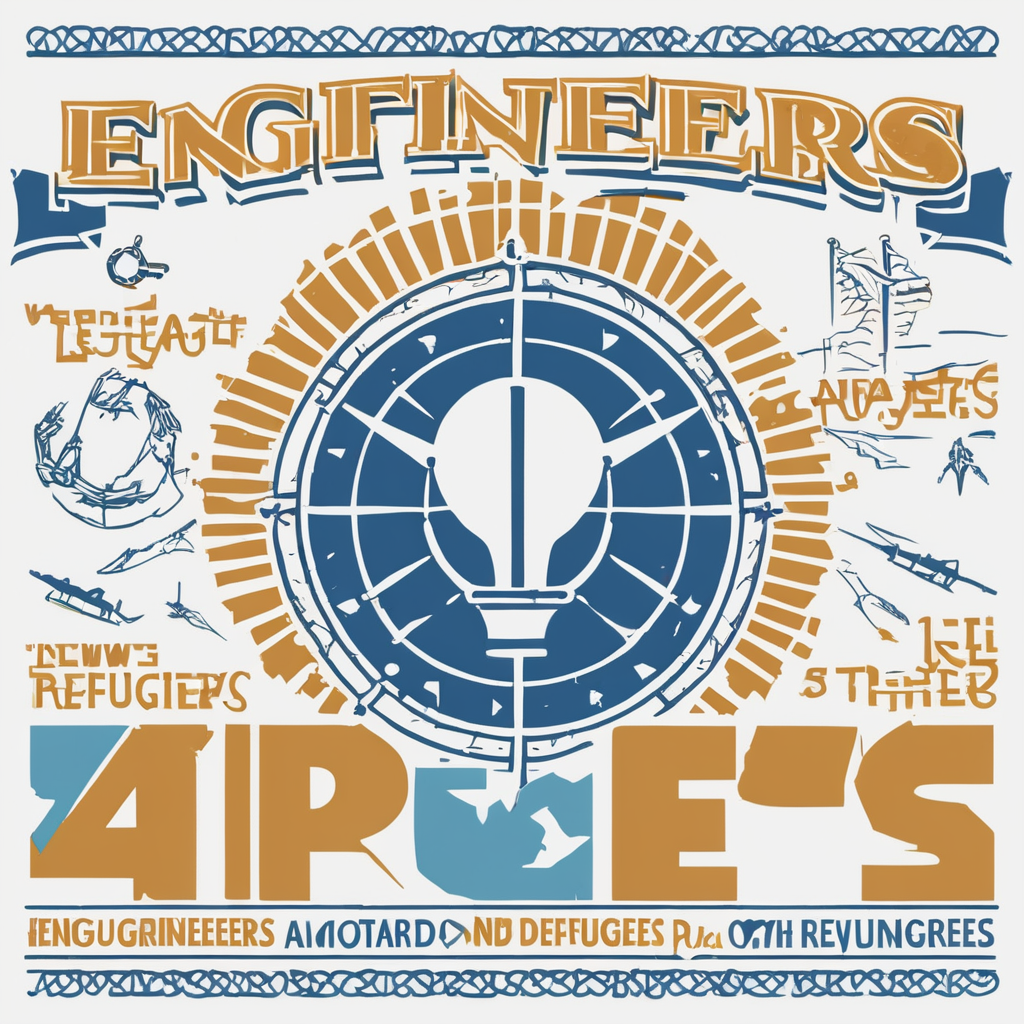Top Strategies for Successfully Socializing Your Reserved Dachshund Puppy
Socializing your dachshund puppy is a crucial step in their development, especially if they tend to be reserved or shy. Dachshunds, known for their unique personalities and strong will, can benefit greatly from early and thorough socialization. Here’s a comprehensive guide to help you socialize your dachshund puppy effectively.
Understanding the Importance of Socialization
Socialization is the process of exposing your puppy to various environments, people, and other animals to help them become confident and well-adjusted. For dachshunds, this is particularly important due to their natural instincts and potential for stubbornness.
Topic to read : Creating a calm oasis: expert strategies for designing a relaxing retreat for cats affected by hyperesthesia
“Dachshunds are smart little dogs with a mind of their own. They can be stubborn and don’t always want to listen to their owners,” notes the Dogster article on Dachshund breed characteristics[1].
To ensure your dachshund puppy grows into a well-rounded and friendly adult dog, you need to start socialization early and consistently.
Also to see : Designing the perfect outdoor haven for your dwarf rabbits: an ultimate guide to safety and comfort
Creating a Socialization Plan
Start Early
The ideal time to start socializing your dachshund puppy is from the moment you bring them home, typically around 8-10 weeks old. This period is critical for their development, and early exposure can make a significant difference.
“Socialization is important for their social and emotional development. The more they are exposed to different people, places, and experiences, the more confident and calm they will be in new situations,” explains Marissa Soto, a registered yoga teacher who also works with puppy socialization events[2].
Be Consistent
Consistency is key when it comes to socialization. Aim to expose your puppy to new experiences regularly, whether it’s a trip to the park, a visit to a friend’s house, or simply a walk around the neighborhood.
Here are some tips to keep in mind:
- Daily Outings: Take your puppy on daily outings to different locations. This could be as simple as a walk around the block or a visit to a local pet store.
- Meet New People: Introduce your puppy to various people, including children, adults, and seniors. This helps them become comfortable with different voices, smells, and interactions.
- Interact with Other Dogs: Socialize your puppy with other dogs of different sizes and breeds. This is crucial for teaching them how to interact appropriately with other canines[1].
Positive Reinforcement Training
Positive reinforcement training is a powerful tool for socializing your dachshund puppy. This method focuses on rewarding good behavior rather than punishing bad behavior.
Short Training Sessions
Dachshunds respond best to short, creative training sessions. Here’s how you can incorporate positive reinforcement into your socialization plan:
- Use Treats and Praise: Reward your puppy with treats and praise when they exhibit good behavior, such as calmly interacting with new people or dogs.
- Keep Sessions Short: Dachshunds have short attention spans, so keep training sessions brief and fun.
- Be Creative: Use various toys, treats, and environments to keep the training sessions engaging and exciting[1].
Socialization in Different Environments
Public Places
Taking your puppy to public places is an excellent way to expose them to a variety of sights, sounds, and smells.
- Parks and Trails: Visit local parks and trails where your puppy can meet other dogs and people.
- Pet Stores: Many pet stores welcome puppies and offer a great environment for socialization.
- Restaurants and Cafes: Some restaurants and cafes allow dogs, providing a good opportunity for your puppy to experience new environments and people.
Home Environment
Your home is the first and most important environment for your puppy’s socialization.
- Invite Guests: Invite friends and family over to interact with your puppy. This helps them become comfortable with new people in their home.
- Introduce New Objects: Introduce new objects, such as toys, furniture, and even different floor textures, to help your puppy become confident in their home environment[5].
Managing Interactions with Other Pets
Dachshunds can be bold and protective, but they also need to learn how to interact with other pets peacefully.
Dogs
When socializing your dachshund puppy with other dogs, it’s essential to do it carefully:
- Start with Calm Dogs: Begin with calm and well-behaved dogs to help your puppy learn good interaction skills.
- Supervise Interactions: Always supervise interactions between your puppy and other dogs to ensure they are safe and positive.
- Avoid Rough Play: Dachshunds are vulnerable to back injuries, so avoid rough play that could harm them[1].
Cats and Small Pets
Dachshunds were bred to hunt small animals, so they may have a natural instinct to chase cats and other small pets.
- Early Socialization: Socialize your puppy with cats and small pets early to help them understand that these animals are not prey.
- Separate Spaces: Keep birds and small exotic pets separated from your dachshund to avoid any potential conflicts[1].
Avoiding Littermate Syndrome
If you’re considering getting two puppies at the same time, it’s crucial to understand the risks of Littermate Syndrome.
What is Littermate Syndrome?
Littermate Syndrome refers to the behavioral issues that can arise when two puppies from the same litter are raised together in the same household beyond the normal 8-10 weeks of age.
- Co-dependency: Puppies raised together can become co-dependent, leading to high anxiety when separated.
- Reduced Bonding: They may fail to bond strongly with their human family.
- Aggression: At social maturity, they may begin fighting with each other[3].
Best Practices
To avoid Littermate Syndrome, it’s recommended to bring home puppies separately or adopt adult dogs who are already developed.
- Separate Training: If you do bring home two puppies, ensure they have separate training sessions, walks, and playtime with their owners.
- Individual Attention: Give each puppy more one-on-one time with their owners than they have with each other[3].
Practical Tips for Socializing Your Dachshund Puppy
Here are some practical tips to help you socialize your dachshund puppy effectively:
Stay Calm Around Guests
When guests arrive, it’s important to stay calm to help your puppy remain calm as well.
- Exercise Before Guests Arrive: Tire your puppy out with some exercise before guests arrive to reduce excitement.
- Use Barriers: Use barriers or gates to separate your puppy from the front door if they get too excited.
- Positive Training: Reward your puppy for calm behavior around guests[4].
Create a Calm Environment
Help your puppy associate certain places or objects with calm behavior.
- Designate a Calm Spot: Use a dog bed or rug as a calm spot where your puppy can relax.
- Reward Calm Behavior: Reward your puppy with treats and praise when they are calm in this designated spot[4].
Table: Comparing Different Socialization Methods
| Method | Description | Benefits | Challenges |
|---|---|---|---|
| Public Outings | Taking your puppy to public places like parks and pet stores. | Exposes your puppy to various sights, sounds, and smells. | Can be overwhelming if not managed carefully. |
| Home Socialization | Inviting guests and introducing new objects at home. | Helps your puppy become comfortable in their home environment. | Requires consistent effort and planning. |
| Positive Reinforcement Training | Using treats and praise to reward good behavior. | Encourages positive behavior and strengthens the bond between you and your puppy. | Requires patience and consistency. |
| Puppy Yoga | Participating in puppy yoga classes where puppies interact with people in a fun environment. | Provides socialization and exercise for puppies while offering a unique experience for participants. | May not be available in all areas, and some participants might be intimidated by the yoga aspect[2]. |
| Avoiding Littermate Syndrome | Bringing home puppies separately or adopting adult dogs. | Prevents behavioral issues associated with Littermate Syndrome. | Requires careful planning and separate attention for each puppy if bringing home two at once[3]. |
Quotes and Insights from Experts
- “Doting on puppies isn’t just fun, it’s important for their socialization. All the love they receive during classes helps them become more comfortable, friendly, and confident around people — something that will benefit them later in life,” says Marissa Soto, co-owner of Arlington Yoga Center[2].
- “The focus of PuppYoga is socialization for puppies and happiness for people. We have had people tell us that it is the happiest hour of their lives,” explains Kristin Tarnowski, owner of PuppYoga[2].
- “When two puppies are placed together, they learn to rely on each other. One of the puppies always becomes shy, even when both puppies started off as bold and outgoing,” notes a professional trainer discussing Littermate Syndrome[3].
Socializing your dachshund puppy is a journey that requires patience, consistency, and positive reinforcement. By starting early, being consistent, and using various socialization methods, you can help your puppy grow into a confident and well-adjusted adult dog.
Remember, every interaction counts, whether it’s a trip to the park or a simple play session at home. With the right approach, you can ensure your dachshund puppy becomes a beloved and integral part of your family.
Final Tips
- Be Patient: Socialization is a process that takes time, so be patient with your puppy.
- Stay Consistent: Consistency is key in socialization, so make sure to expose your puppy to new experiences regularly.
- Seek Help: If you’re facing challenges, don’t hesitate to seek help from professional trainers or behaviorists.
By following these strategies and tips, you’ll be well on your way to socializing your reserved dachshund puppy and setting them up for a happy and healthy life.










